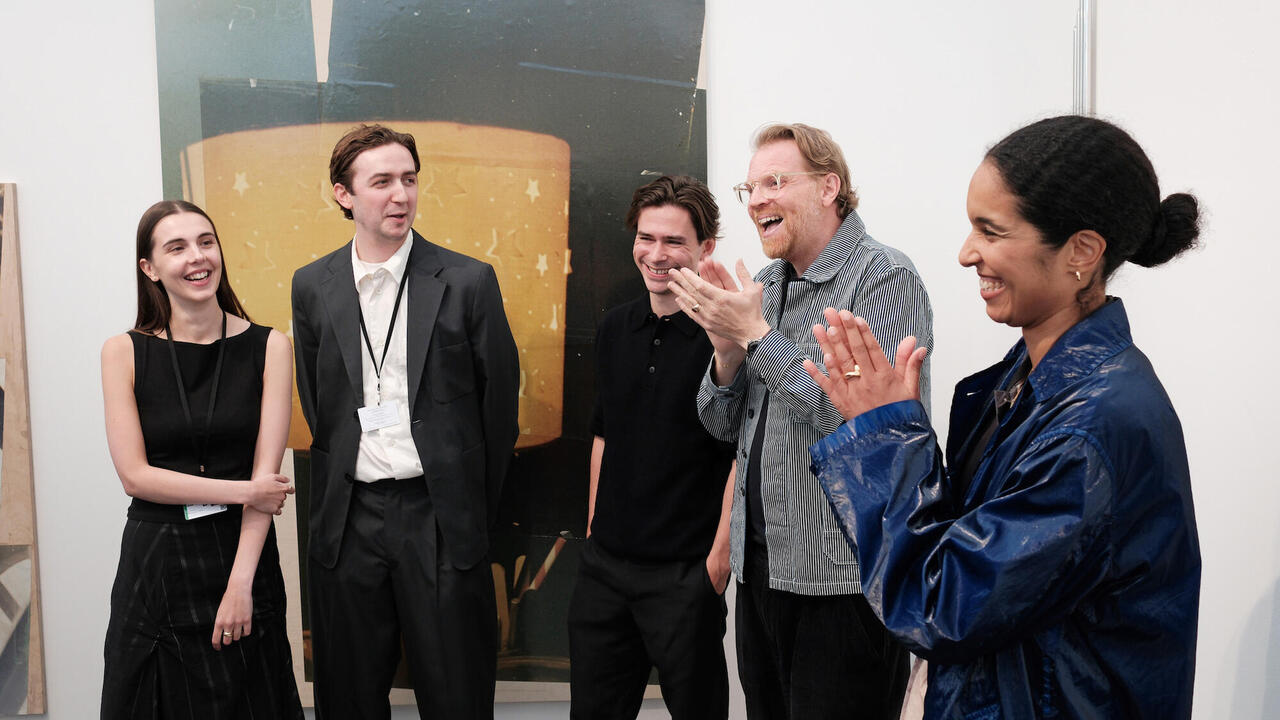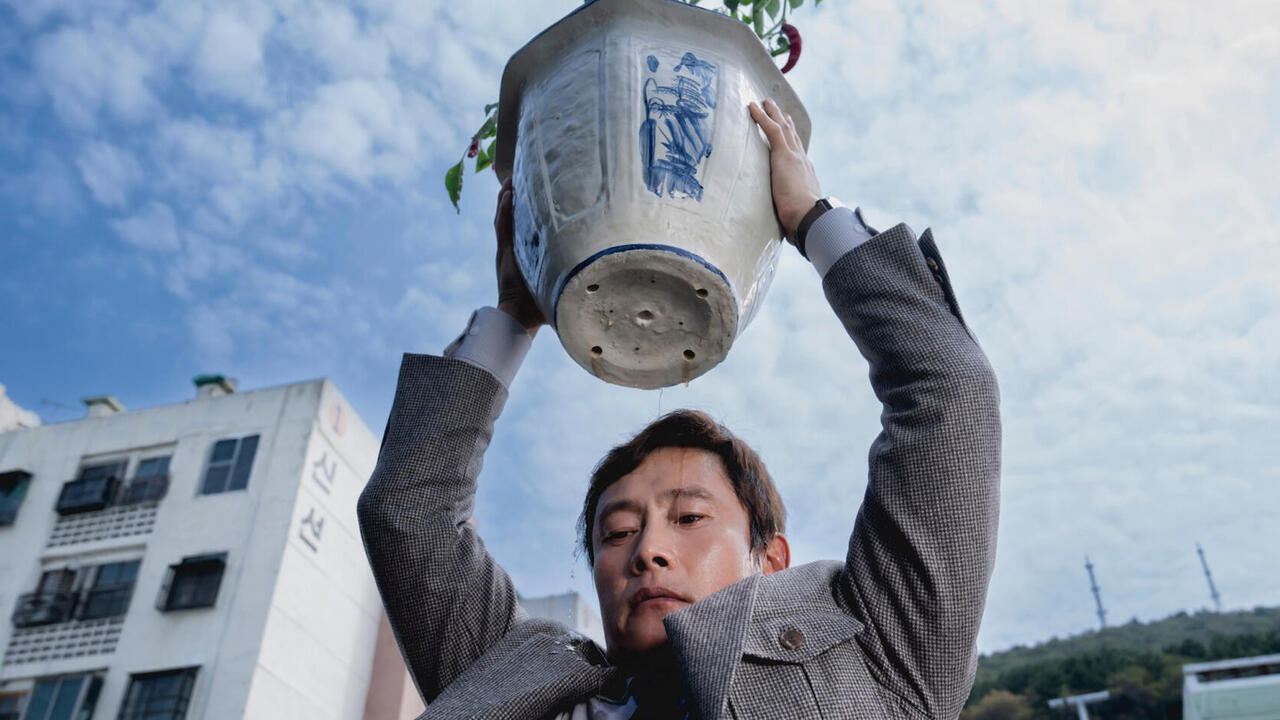‘Animal Crossing’ vs Marie Kondo: Lockdown and the Minimalist Interior
Finding comfort in digital maximalism after a decade of decluttering
Finding comfort in digital maximalism after a decade of decluttering

When people say they wish they had a few extra days to take care of everything in their lives – pay the bills, clean the house, maybe do some yoga videos – Covid-19 quarantine probably wasn’t what they had in mind. As domestic tasks become unavoidable, they also become intensely unappealing. There’s something ugly about being faced so directly with everything you’ve been neglecting, though of course, the alternative – continuing to work outside the home – is much more harrowing.
Yet for some, the prospect is still appealing. A writer in Wired called quarantine a ‘cozy catastrophe’, playing to some subconscious apocalyptic desire to self-isolate. Lockdown is a break in the routine of what we called normal life; the fantasy is that in this period, society could somehow start over from scratch. ‘A new time draws near,’ Olga Tokarczuk predicts in a recent essay. ‘We believe we are staying home, reading books and watching television, but, in fact, we are readying ourselves for a battle over a new reality.’

One group that had already embraced the fantasy of starting over are the minimalists – adherents of a lifestyle cult that hit its peak with Japanese ‘organizing consultant’ Marie Kondo’s philosophy of decluttering our homes by holding on to only those objects that ‘spark joy’. Following her bestselling books, Kondo hit a peak in 2018 with the launch of her Netflix reality show – and passed her prime when she began selling home goods on her own website. But her influence is pervasive. ‘Kondo-ing’ homogenizes our homes and apartments, leading to a generic profusion of blonde-wood furniture, white empty walls and cleaned-out closets occupied by functional work uniforms.
Minimalism, as espoused by lifestyle bloggers and Instagram practitioners, was about better adapting our spaces to the 21st-century state of on-demand everything. You didn’t need a car if you could Uber; you didn’t need a usable kitchen if you could get delivery; you didn’t need to be able to afford your apartment if you could Airbnb it half the time. Digital technology facilitated the emptying-out. Yet, in the most visible ways, that so-called sharing economy has fallen apart under lockdown. Each time a car is taken or food is delivered, more people are put at risk. No one is travelling; even Airbnb, a Silicon Valley behemoth, is going through layoffs.

The past decade of minimalism advocated a form of capitalist individualism that moved from the aesthetic into the political: a sense that if your own environment is pleasant and safe, then everything is fine. Coronavirus has exposed that as a lie – what survival requires is instead communal action and collectivity, even if that involves staying put as much as possible. Our domestic needs have also changed: in the absence of offices and cafes, we need the well-stocked kitchen and the separated workspace. There’s a revenge of junk: we might want to hold on to more relics of our memories and experiences, both for visual stimulation and for nostalgia’s sake.
We’re already starting to find comfort in maximalism online: colour, animation – a gaudy, tacky sprawl. The wildly popular Nintendo Switch game Animal Crossing, released in March, gives players the chance to create and share a parallel domestic universe as they design and develop their own islands, building museums, diverting streams and filling out their own homes. It’s a slow game, built on repetitive chores – catching bugs, harvesting fruit – that become a distraction from the routine of quarantine. The interiors being shown off online are the opposite of minimalist: full of personality, crammed with customized wallpaper and goofy furniture. They’re illogical fantasies, which is what makes them fun. Unlike the static surroundings of our homes, they’re also easy to change, providing more varied stimuli. While bland, frictionless anonymity might suit our physical environment, it seems pointless for the virtual. Or, at least, a new sense of good taste must be found.

In Animal Crossing, players visit each other’s islands as a parallel of actually hanging out together. There’s a shared, intimate quality to the game that’s difficult to find even online, as mass Zoom meetings and finicky chats on the app Houseparty take over our social interactions. Partly this has to do with the format – Nintendo games are legendarily family-friendly and shy away from total interaction in the mode of a massively multiplayer online role-playing game (MMORPG) like World of Warcraft or Runescape. But it’s also the cartoonish, twee, colour-saturated style of Animal Crossing’s world, so unlike the prevailing Kinfolk-ish aspirations of interior decoration. It makes being at home feel escapist again, instead of entrapping.
Main image: Animal Crossing: New Horizons, 2020. Courtesy: Nintendo














